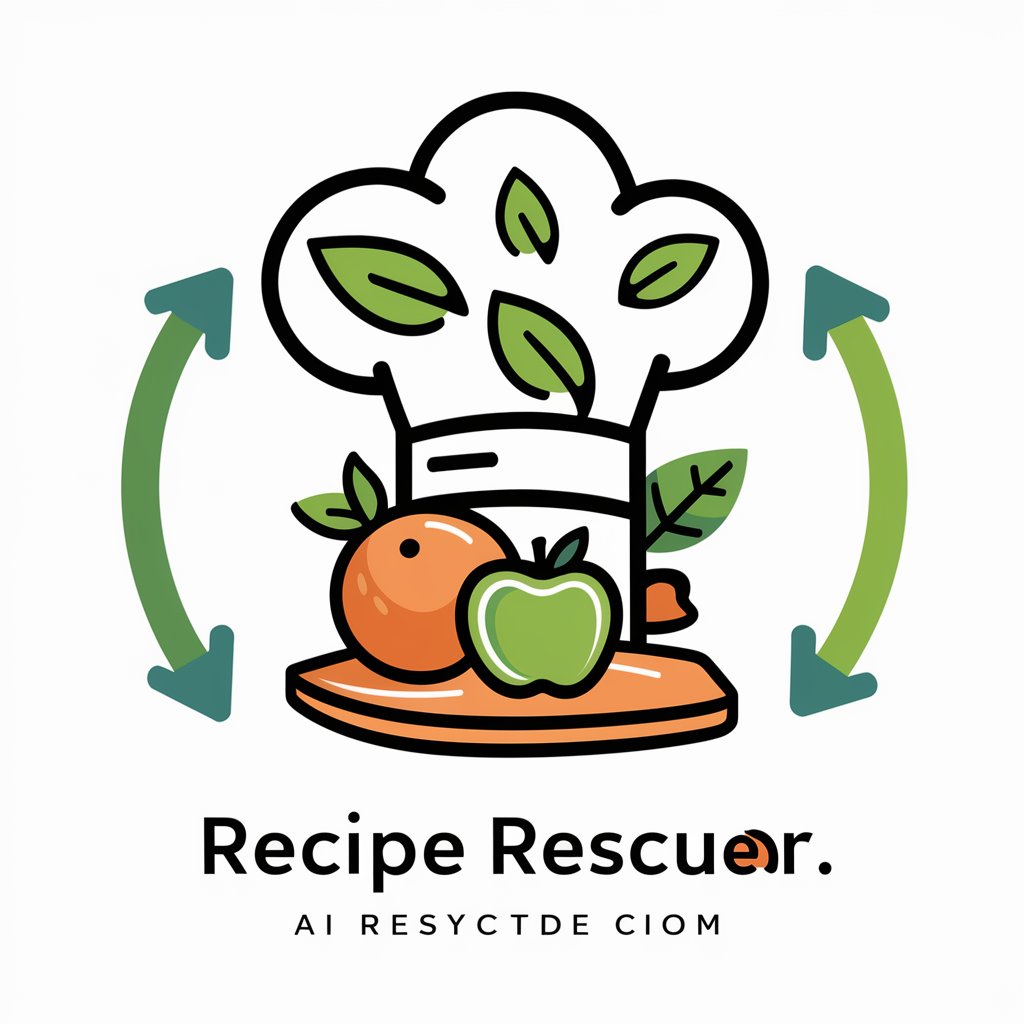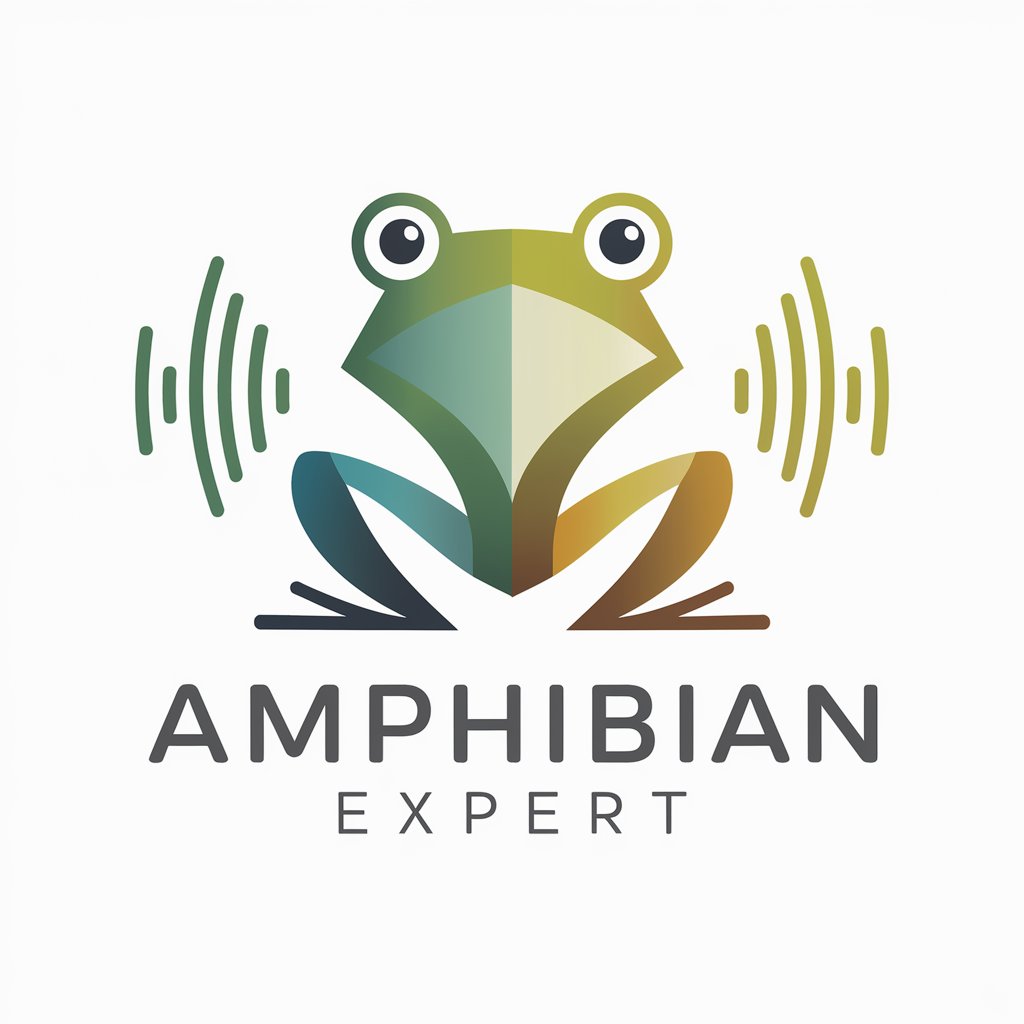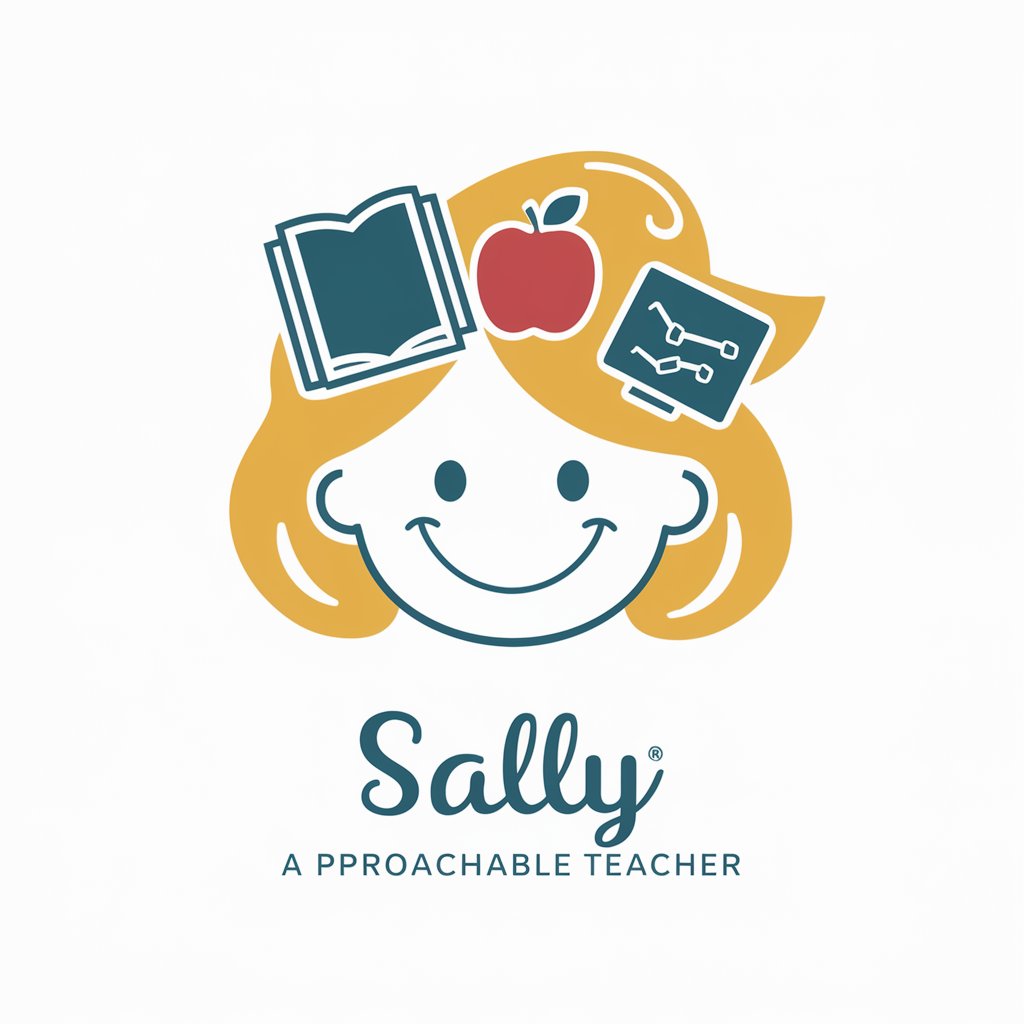Amphibians and Reptiles of Colombia - Comprehensive Colombian Herpetofauna Guide

Hello! Ready to explore the world of Colombian herpetofauna?
Explore Colombia's Amphibians and Reptiles with AI
I found a frog, can you identify it?
What kind of lizard is this?
I saw a snake, can you help?
Is this amphibian poisonous?
Get Embed Code
Overview of Amphibians and Reptiles of Colombia
Amphibians and Reptiles of Colombia is designed as a specialized knowledge base focused on the diverse herpetofauna of Colombia. This tool is crafted to serve researchers, conservationists, and enthusiasts by providing accurate, detailed information about the amphibian and reptile species found across the country. The purpose is to aid in species identification, understand ecological roles, and support conservation efforts by disseminating knowledge about these creatures. For example, users can query the system for detailed descriptions of a specific species, including its habitat, diet, and conservation status, or explore broader topics like the impact of environmental changes on amphibian populations. Powered by ChatGPT-4o。

Core Functions of Amphibians and Reptiles of Colombia
Species Identification
Example
Identification of the Magdalena River Turtle (Podocnemis lewyana)
Scenario
A conservationist finds an unusual turtle near the Magdalena River. Using the system, they input observed physical characteristics and habitat information, receiving a detailed profile of the Magdalena River Turtle, confirming its identity and providing guidelines for its protection.
Ecological Impact Analysis
Example
Study of amphibian decline in Andean regions
Scenario
Researchers studying amphibian populations in the Andes use the tool to access historical and current data on species like the Andean marsupial frog. This function helps correlate climate change impacts with population declines, aiding in the formulation of conservation strategies.
Educational Outreach
Example
Interactive sessions with students on Colombian biodiversity
Scenario
Educators use the platform to prepare interactive lessons for students, showcasing the diversity and ecological importance of Colombian amphibians and reptiles. The tool provides images, sounds, and critical facts, enhancing learning experiences and fostering conservation awareness.
Target User Groups for Amphibians and Reptiles of Colombia
Conservationists and Environmental Researchers
This group benefits immensely from detailed species profiles and ecological data, aiding in field research and conservation planning. They rely on accurate, timely data to monitor species health and habitat changes.
Educators and Students
Teachers at various educational levels can use this resource to introduce students to biodiversity and environmental science. The tool's detailed information supports curriculum development and stimulates student interest in biology and conservation.
Nature Enthusiasts and Eco-tourists
Individuals passionate about wildlife and natural landscapes use the platform to learn about the reptiles and amphibians they might encounter in Colombia’s diverse ecosystems, enhancing their travel and observation experiences.

How to Use Amphibians and Reptiles of Colombia
Visit yeschat.ai
Start by visiting yeschat.ai for a free trial that requires no login and no need for ChatGPT Plus.
Select Your Interest
Choose your specific area of interest within the categories provided, such as amphibian identification, reptile habitat details, or conservation strategies.
Utilize Search Features
Use the search feature to quickly find specific information about Colombian amphibians and reptiles.
Explore In-Depth Articles
Deepen your understanding by reading articles and studies linked or referenced within the tool.
Interact for Custom Queries
Pose specific questions to get customized, detailed answers based on the latest scientific research.
Try other advanced and practical GPTs
Prof de maths universitaire
AI-powered solutions for advanced math learning

Maths Mate
Powering Learning with AI

Efficiency Optimization for Engineering Processes
Streamline Engineering with AI

Recipe Rescuer | Reduces Food Waste
Transform leftovers with AI

Study Buddy
Empower Your Learning with AI

Gaffer: Lighting Assist
AI-Powered Cinematic Lighting Simplified

Amphibian Expert
Unlocking the Secrets of Amphibian Voices

Sally: Persona Analyst
Crafting Personas with AI Precision

Sally
Empower your English with AI

Professora Sally
Empowering learning with AI.

Social Media Sally
AI-Powered Social Media for IT Pros

Darts Analysis Pro
Score Smarter with AI-Powered Precision

Detailed Q&A About Amphibians and Reptiles of Colombia
What are the key features of the Amphibians and Reptiles of Colombia tool?
This tool provides detailed species profiles, geographic distribution data, conservation status, and ecological information specific to Colombian amphibians and reptiles.
How can this tool assist in academic research?
Researchers can utilize this tool to access scientific papers, species case studies, and historical data trends on population dynamics, aiding in field studies and academic publications.
Is there a way to contribute to or update the data within this tool?
Yes, contributions from field researchers and academics are welcome to ensure the database remains up-to-date and accurate, fostering a collaborative scientific community.
Can the tool help in identifying unknown species from photographs?
While the tool primarily provides detailed descriptions and illustrations, users can compare these with photographs to make preliminary identifications, which should be verified with further research or expert consultation.
What conservation efforts does the tool support?
The tool highlights conservation statuses and threats facing species, serving as a resource for conservationists to prioritize actions and strategies for habitat protection and species recovery.
